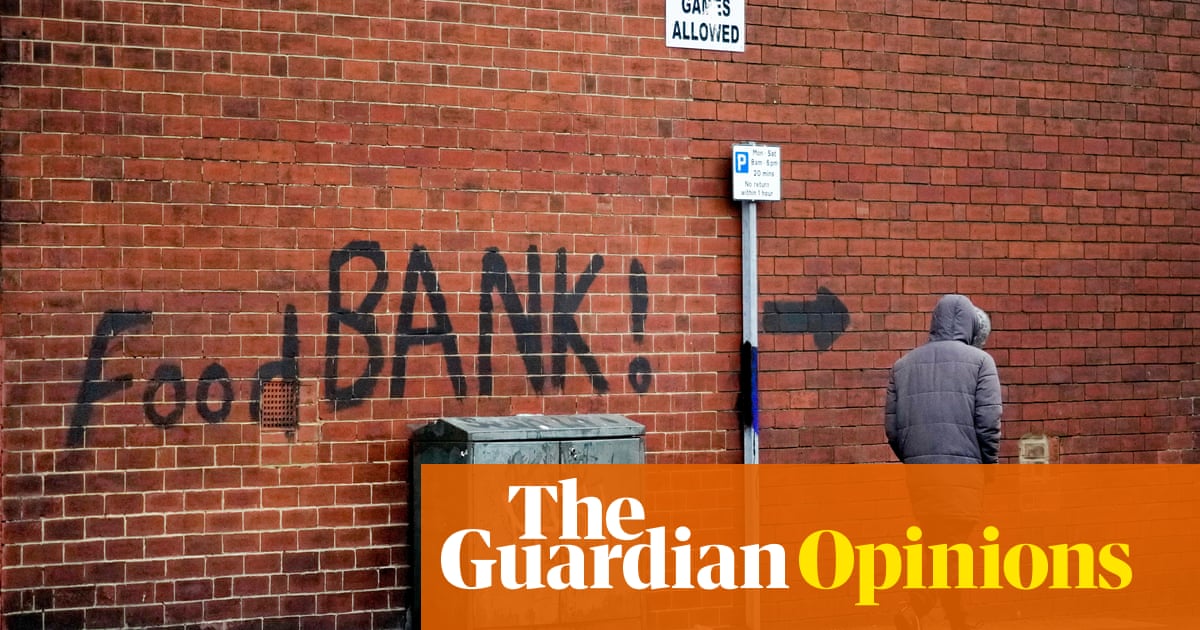
Boris Johnson should, by rights, be fighting for his political survival this week.
He has taken a thumping majority any Tory leader would envy and blown it in just over two years, with precious little to show for all that squandered goodwill except the threat of a recession, rocketing inflation, a personal reputation dragged through the gutter and the future prospect of not one but two breakaway movements from the United Kingdom. On Thursday he paid the price, with Tory remainers turning on him throughout what were once his party’s southern heartlands.
Yet the big Sunday headline following the elections wasn’t the beginnings of a coup against the man who lost 500-odd seats. It was trouble, instead, for the man who won a lot of them. A mysterious “insider” present when Keir Starmer shared a takeaway curry and a beer with the Labour MP Mary Foy and their respective teams on the campaign trail last April is now reportedly willing to tell police that this wasn’t purely the working dinner that lockdown rules required. Two anonymous former members of Jeremy Corbyn’s shadow cabinet have helpfully suggested that if (and, as Diane Abbott pointed out when she was asked the same question, it’s an extremely big if) Starmer were fined for any of this, he would have to quit.
The net result is that Tories who claimed to be “waiting for the local election results” to tell them what they surely already knew about Johnson have yet another excuse to put off a painful leadership contest, namely waiting to see if Labour will helpfully have one instead. Whatever old scores may be being settled in the background here, one can only hope those involved think it was worth it.
For, however short-lived this diversion to Durham may prove, it’s got Johnson through a dangerous weekend, while effectively neutralising any opposition attack if he himself gets fined again for lockdown-busting parties in Downing Street. Meanwhile, the longer-term strategy for the next general election is visibly taking shape: deflect from the sleaze by suggesting that everyone else was at it too, throw red meat at the “red wall” (Downing Street’s new deputy chief of staff, David Canzini, is said to have praised Priti Patel’s crude and potentially unworkable Rwanda policy as a model for other departments to follow in his post-election briefing) and use predictions of a hung parliament, just as David Cameron did in 2015, to tell wobbling Tories that voting Labour or Lib Dem risks letting the SNP in the back door.
It’s all about recasting weaknesses as strengths, fiction as fact, setbacks as victories in the making, or at least something for which you’ve already planned a solution – as Michael Gove did by suggesting that the Tories were hammered at the ballot box not because of Partygate or the cost of living but because home ownership is too low, something next week’s Queen’s speech will conveniently promise to tackle. And yes, it’s breathtakingly cynical. But so much of politics is about playing the hand you’re dealt, and even a battered Conservative party seemingly still remembers how to play lousy cards like they’re aces.
And Labour? Early on Friday I wrote that Starmer had done well but not quite well enough to deliver something seismic at the next election; that the process of reinventing the party for rapidly changing times felt only half-finished. That still feels true. It’s a reasonable enough set of cards to hold at this stage in the game, but it needs playing boldly, with the kind of bounce and confidence that makes it look like a winner.
There are undoubtedly Labour MPs who might see a sudden unexpected departure for Starmer as a chance to upgrade, although the idea touted in some circles that a Starmer resignation could somehow force Johnson into quitting too seems at best woefully naive. (Everything we know about the prime minister suggests he’s more likely to go in gleefully studs up on the opposition’s still-twitching corpse than choose this moment to be gracious.)
But there is more than enough anti-Tory sentiment building now to sweep Johnson from office, if Labour can work smartly with the smaller progressive parties to harness it and find ways of connecting more viscerally with voters. If that project still feels half-finished, then Labour’s job now is to pull together and attempt to finish it. Lapsing back into the pursuit of internal grievances – whether that’s rightwing calls for a purge of Corbynite MPs or score-settling from a hard left still bitter about the way Corbyn was treated – merely looks self-indulgent to millions of people who just crave an alternative to the bleak future currently on offer.
Starmer supporters often point to Joe Biden’s presidential victory as the model for a mild-mannered moderate triumphing over a splashy, attention-seeking populist. But Biden’s campaign united a divided American left, at least temporarily, against their common enemy, with a grassroots movement that had served Bernie Sanders working for a Biden victory and Biden carefully acknowledging some of its aims. However well you may or may not think a Biden presidency has turned out, it beats a second term of Donald Trump, and a similarly pragmatic calculation faces the British left now. There’s been a lot of talk lately of progressive alliances, embracing the resurgent Lib Dems and advancing Greens. But perhaps the most urgent step is for Labour to call a long overdue truce, once and for all, with itself.












